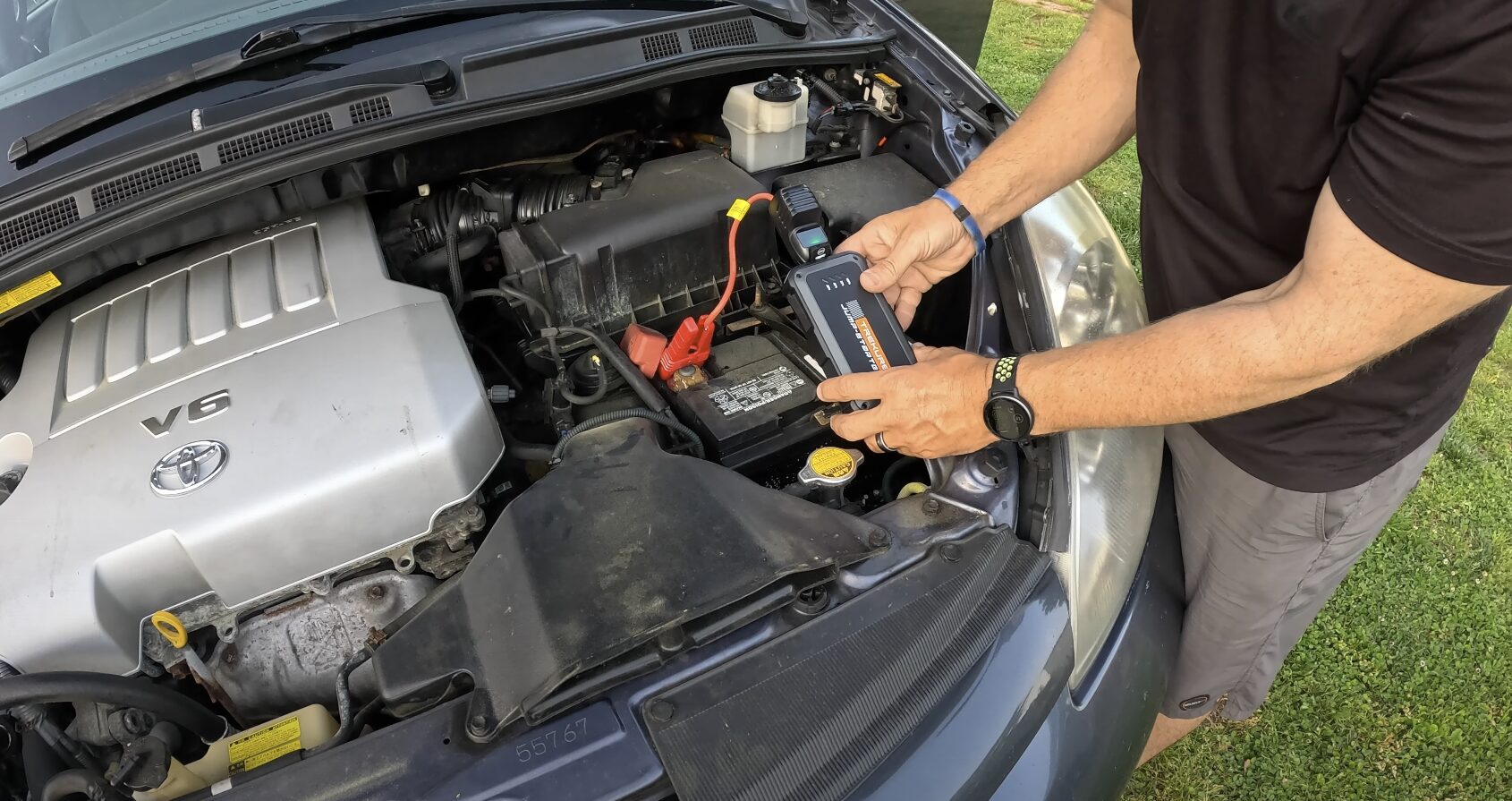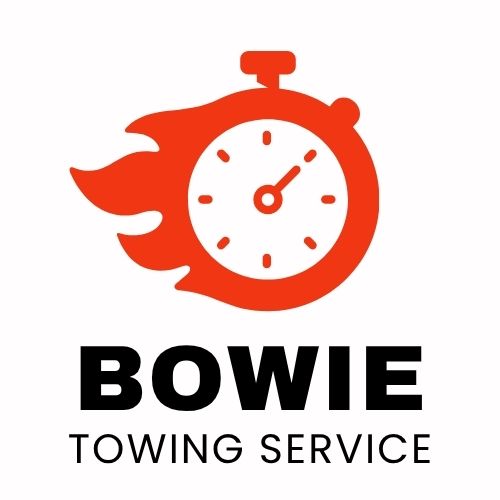Understanding Different Types of Towing Services: Which One Do You Need?

When your vehicle breaks down or gets stuck, knowing which type of towing service to call can make all the difference. Not every situation requires the same approach, and using the wrong method could potentially damage your vehicle or cost you more money than necessary.
Whether you drive a compact sedan, a luxury sports car, or a heavy-duty truck, there's a specific towing solution designed for your needs. Let's break down the most common types of towing services and help you understand when each one is appropriate.
Flatbed Towing: The Gold Standard
Flatbed towing is widely considered the safest method for transporting vehicles. Instead of lifting your car's wheels off the ground, the entire vehicle is loaded onto a flat platform and secured in place. This eliminates any risk of transmission damage or wear on your tires during transport.
This method is particularly ideal for luxury vehicles, exotic cars, all-wheel drive vehicles, and motorcycles. If you've invested in a high-end automobile, flatbed towing ensures it arrives at its destination in exactly the same condition it left. The platform keeps all four wheels off the ground, which means there's no additional mileage added to your odometer and no strain on your drivetrain.
Many classic car owners and motorcycle enthusiasts specifically request flatbed service because it provides maximum protection. The vehicle is completely stationary during transport, reducing the risk of any shifting or movement that could cause scratches or dents.
Wheel-Lift Towing: Quick and Efficient
Wheel-lift towing has largely replaced the older hook-and-chain method. This technique uses a metal yoke that slides under the front or rear wheels of your vehicle, lifting them off the ground while the other two wheels remain on the road during transport.
This method works well for short-distance tows and is particularly effective for front-wheel or rear-wheel drive vehicles. It's faster to set up than flatbed towing and can navigate tighter spaces, making it ideal for urban environments or crowded parking lots.
However, wheel-lift towing isn't suitable for every vehicle. All-wheel drive and four-wheel drive vehicles should typically avoid this method, as having two wheels on the ground while the other two are lifted can damage the drivetrain. When you contact a professional towing service, they'll assess your vehicle and recommend the appropriate method.
Heavy-Duty Towing: For Larger Vehicles
Not all towing services can handle commercial trucks, RVs, buses, or construction equipment. Heavy-duty towing requires specialized equipment and experienced operators who understand the unique challenges of transporting large, heavy vehicles.
These powerful tow trucks are equipped with massive winches, reinforced booms, and heavy-duty chains capable of moving vehicles that weigh several tons. The operators are specially trained to handle the weight distribution and secure oversized vehicles properly.
If you own a commercial vehicle or an RV, it's crucial to work with a towing company that explicitly offers heavy-duty services. Standard tow trucks simply don't have the capacity or equipment to safely move these vehicles, and attempting to do so could result in serious damage.
Long-Distance Towing: Going the Extra Mile
Sometimes you need more than just a tow to the nearest repair shop. Long-distance towing services are designed for situations where your vehicle needs to travel 50, 100, or even several hundred miles.
This might be necessary if you're relocating, if your vehicle breaks down during a road trip, or if you need to transport a vehicle to a specialized repair facility. Long-distance towing requires careful planning, secure loading, and experienced drivers who understand the importance of regular safety checks during extended transport.
Flatbed trucks are typically preferred for long-distance towing because they keep the vehicle completely stationary and protected from road debris and weather conditions throughout the journey.
Motorcycle Towing: Specialized Two-Wheel Transport
Motorcycles require a completely different approach than cars and trucks. Their lighter weight, two-wheel design, and exposed components make them vulnerable to damage during transport.
Most professional towing services use flatbed trucks with specialized wheel chocks and soft tie-down straps to secure motorcycles. The bike is carefully loaded onto the platform and secured at multiple points to prevent any movement during transport.
Never let a towing service attempt to use a traditional wheel-lift or dolly system for your motorcycle. The risk of the bike tipping over or sustaining damage is far too high.
Emergency Towing vs. Scheduled Transport
It's worth understanding the difference between emergency towing and scheduled vehicle transport. Emergency towing happens when your vehicle breaks down unexpectedly, whether it's due to mechanical failure, an accident, or running out of gas on the highway.
Emergency services prioritize quick response times because you're likely stranded in an unsafe location. The goal is to get you and your vehicle to safety as quickly as possible.
Scheduled transport, on the other hand, involves planning ahead to move a vehicle. This might include transporting a classic car to a show, moving a vehicle during a relocation, or delivering a purchased vehicle to its new owner. These situations allow for more careful planning and often involve flatbed service for maximum protection.
How to Choose the Right Service
When you need towing, consider these key factors to determine which service is appropriate:
Vehicle type: What kind of vehicle needs towing? A luxury sedan, all-wheel drive SUV, motorcycle, or commercial truck will each require different approaches.
Distance: Are you going five miles to a local shop or 200 miles to another city? Distance affects both the method and cost.
Vehicle condition: Is your car damaged from an accident, or did it simply refuse to start? Damaged vehicles may require special care during loading and transport.
Location: Where is your vehicle currently located? Tight parking garages, muddy fields, or busy highways each present unique challenges.
A reputable towing company will ask you these questions before dispatching a truck. They want to send the right equipment and trained personnel for your specific situation.
Working With Professional Towing Services
The towing industry has evolved significantly over the past few decades. Modern towing companies invest in state-of-the-art equipment, ongoing training for their operators, and comprehensive insurance coverage to protect your vehicle.
When you call for service, you should expect clear communication about response times, pricing, and the method that will be used. Don't hesitate to ask questions about how your vehicle will be secured and transported.
Professional operators understand that your vehicle is valuable to you, both financially and personally. They take pride in providing service that protects your investment while getting you back on the road as quickly as possible.
Final Thoughts
Understanding the different types of towing services empowers you to make informed decisions when you need help. Whether you're dealing with an unexpected breakdown or planning to transport a vehicle, knowing which service to request ensures your vehicle receives the appropriate care.
Remember that the cheapest option isn't always the best choice when it comes to towing. Proper equipment and experienced operators may cost slightly more, but they can save you from expensive damage down the road. Your vehicle deserves to be handled with care, and the right towing method makes all the difference.
Need Professional Towing Service?
Our team is available 24/7 to provide the right towing solution for your vehicle. We'll help you choose the best method and dispatch a truck quickly.
Call 301-936-0207 Now